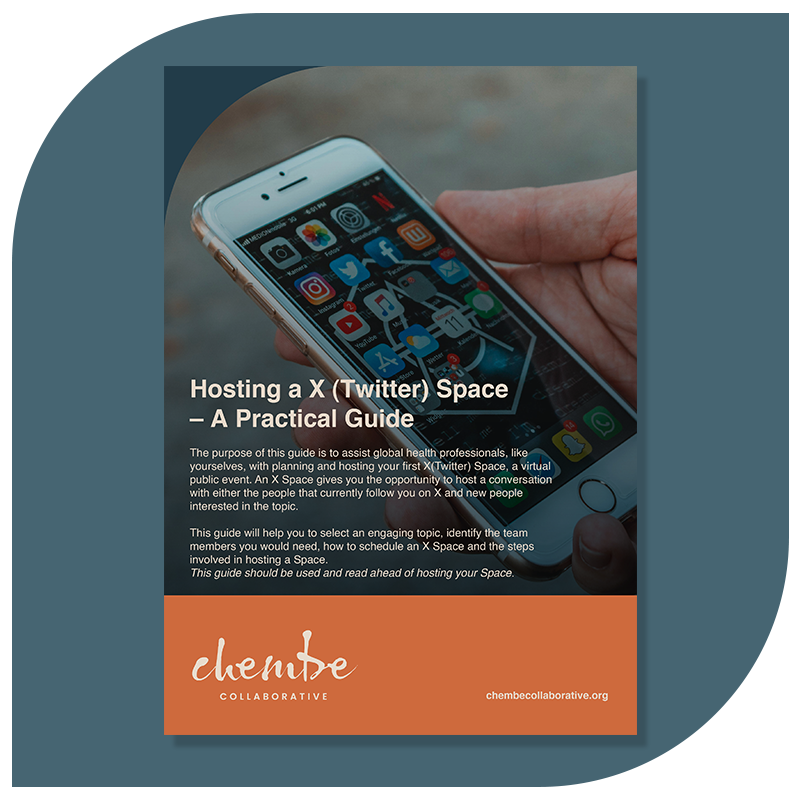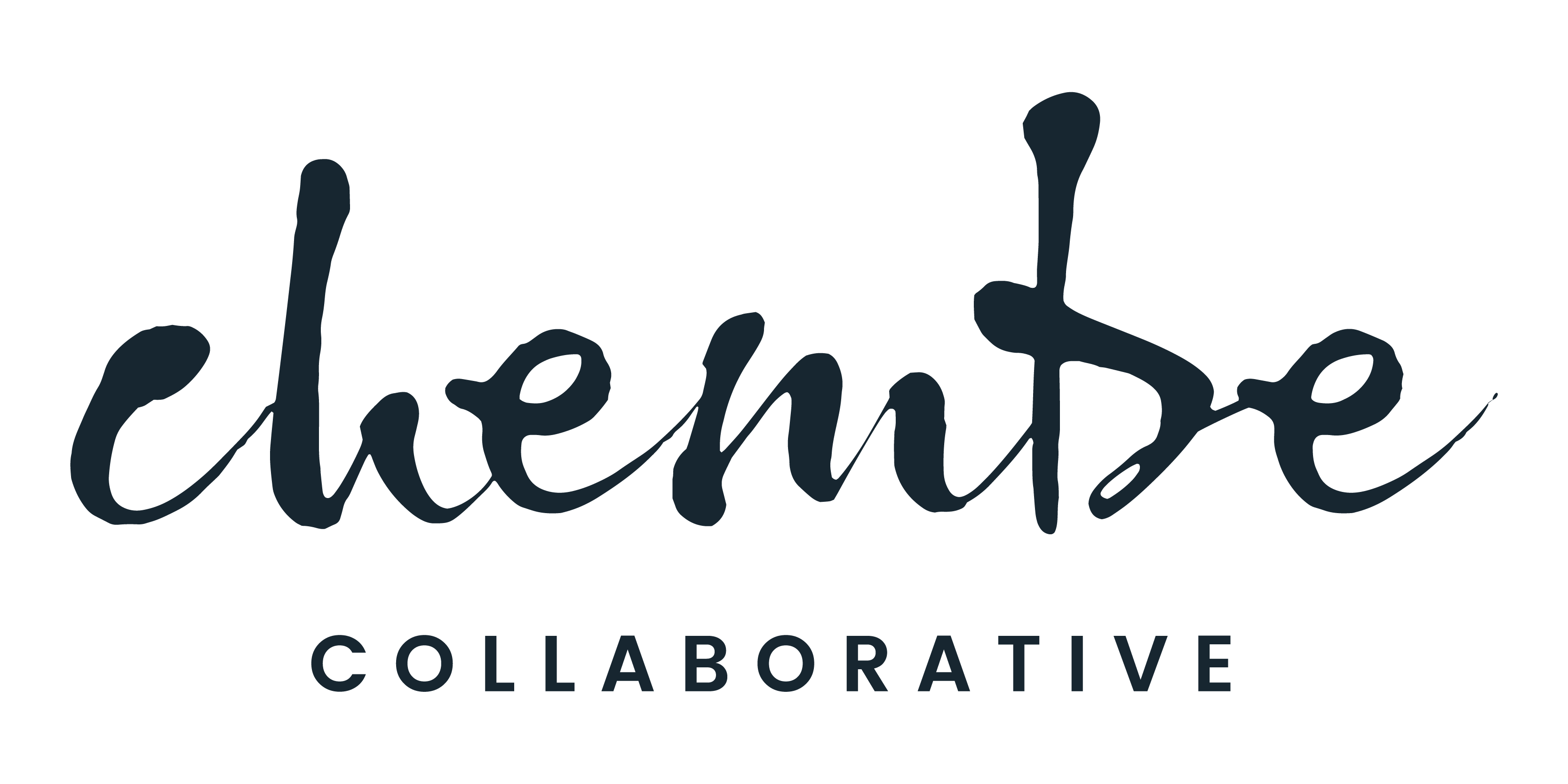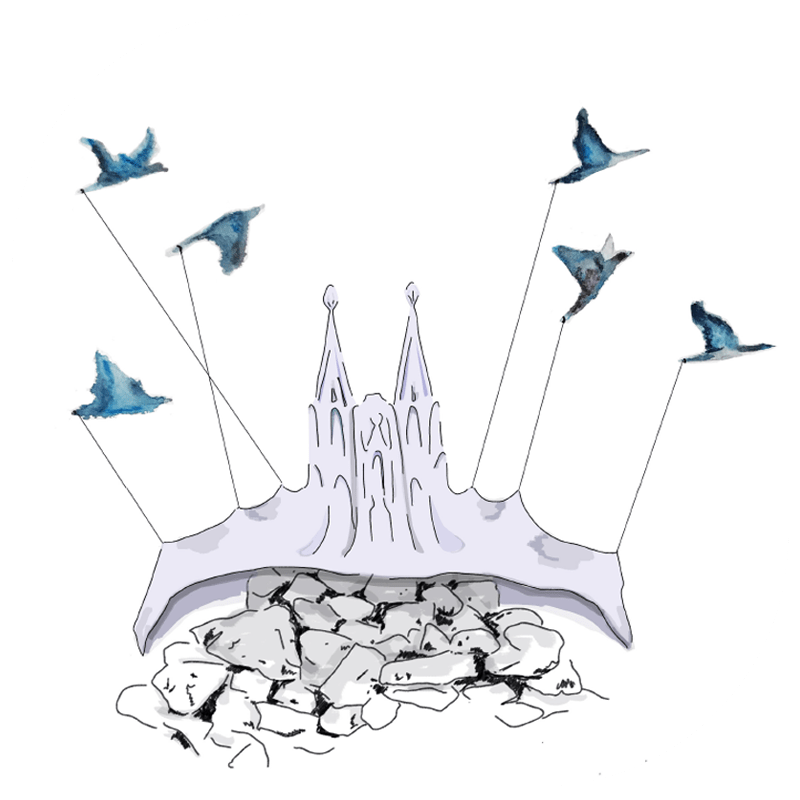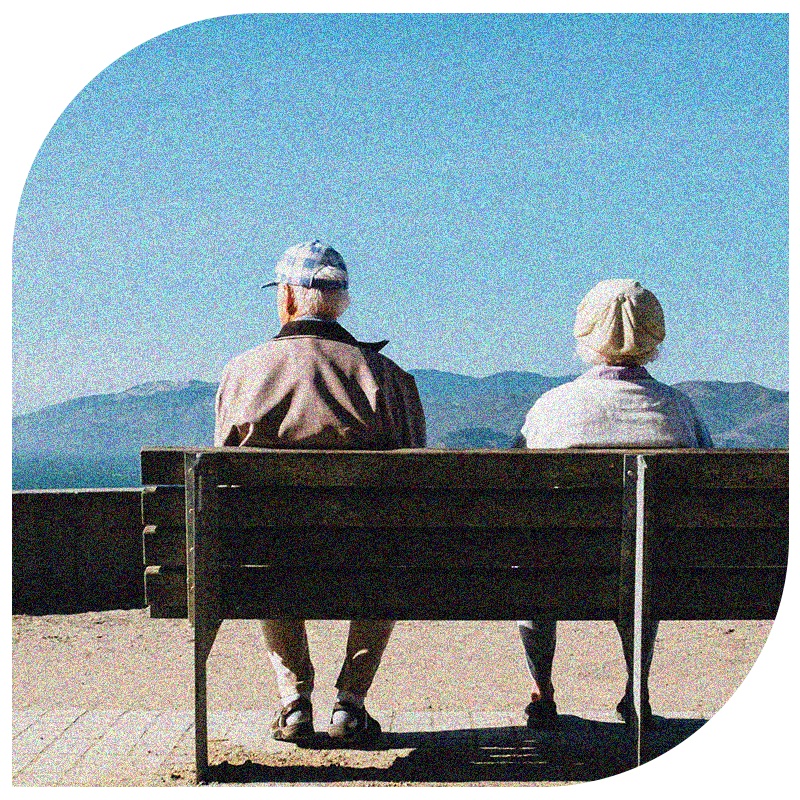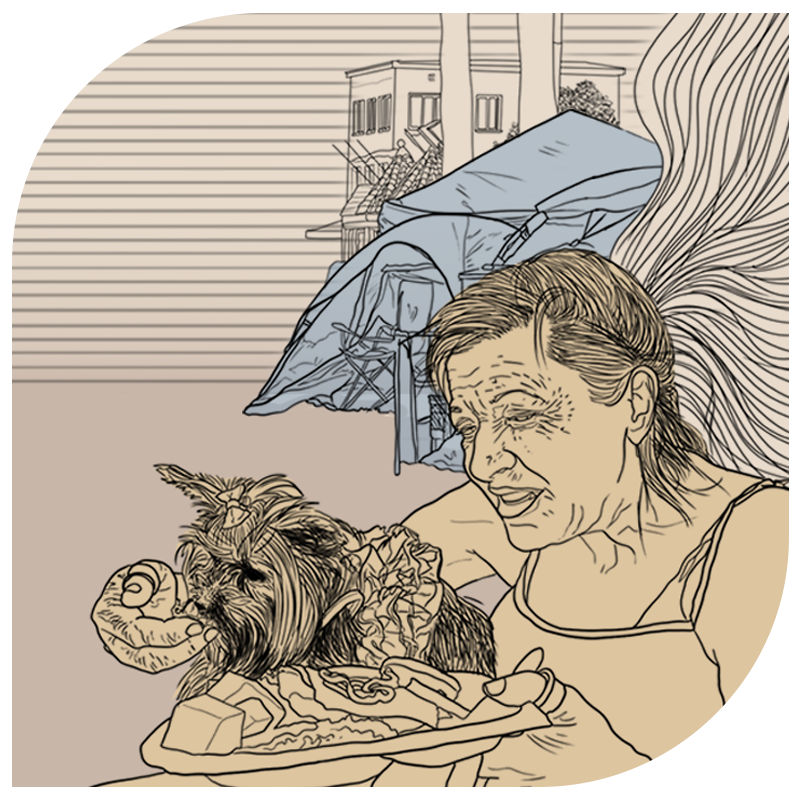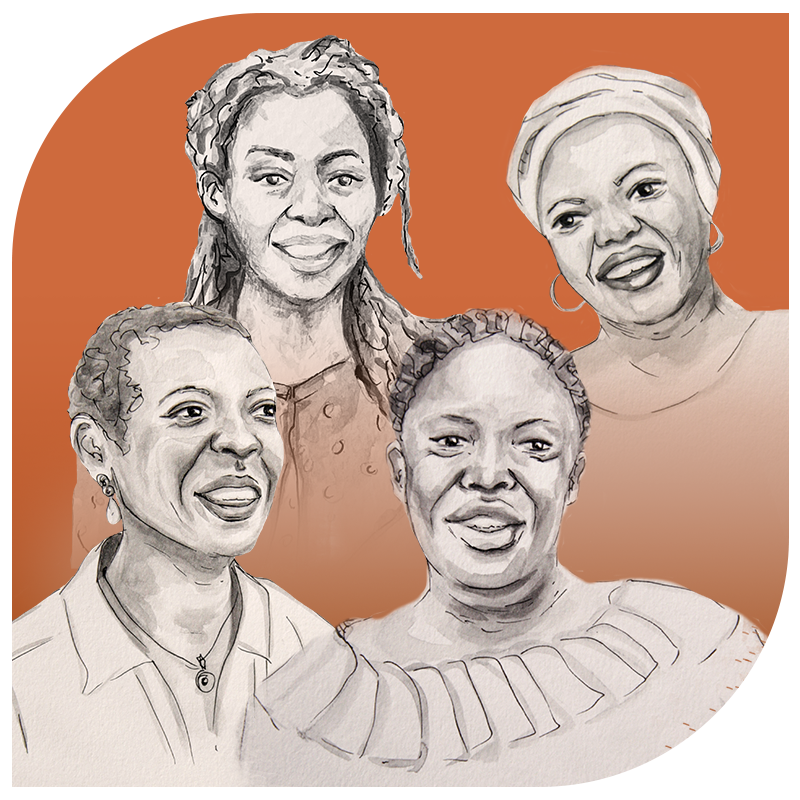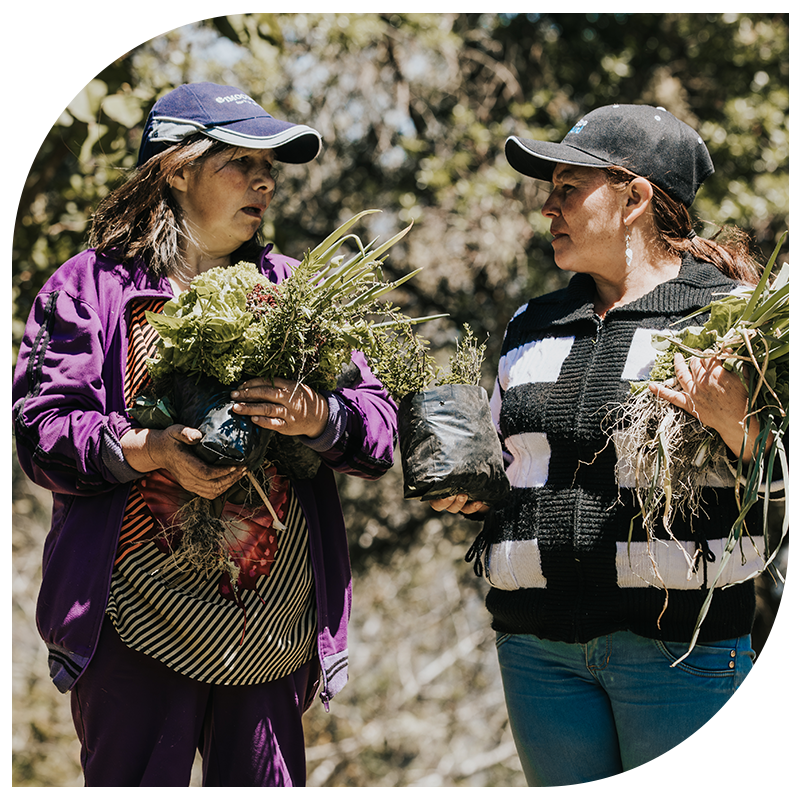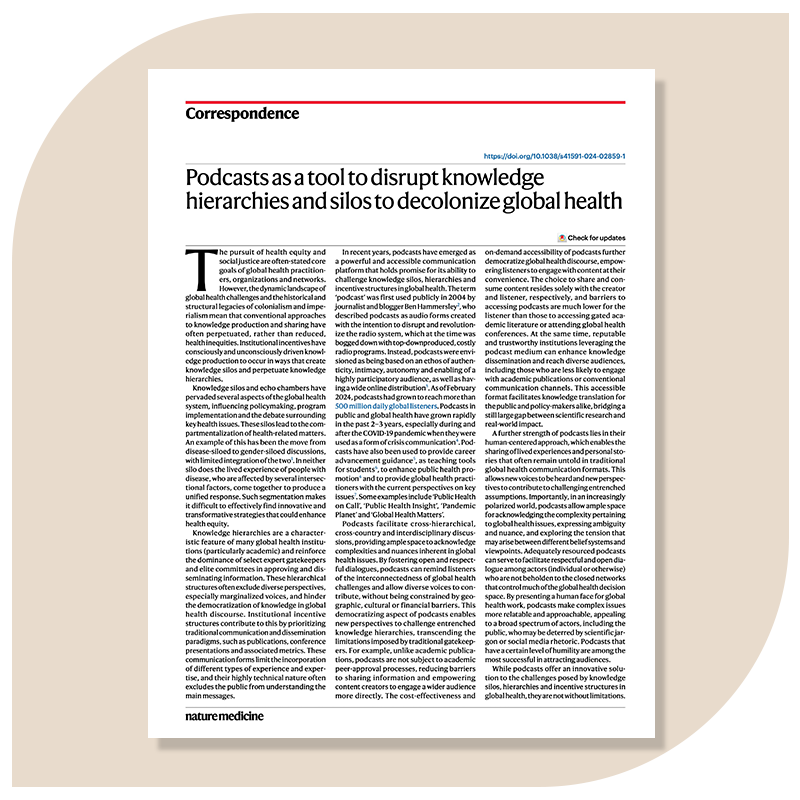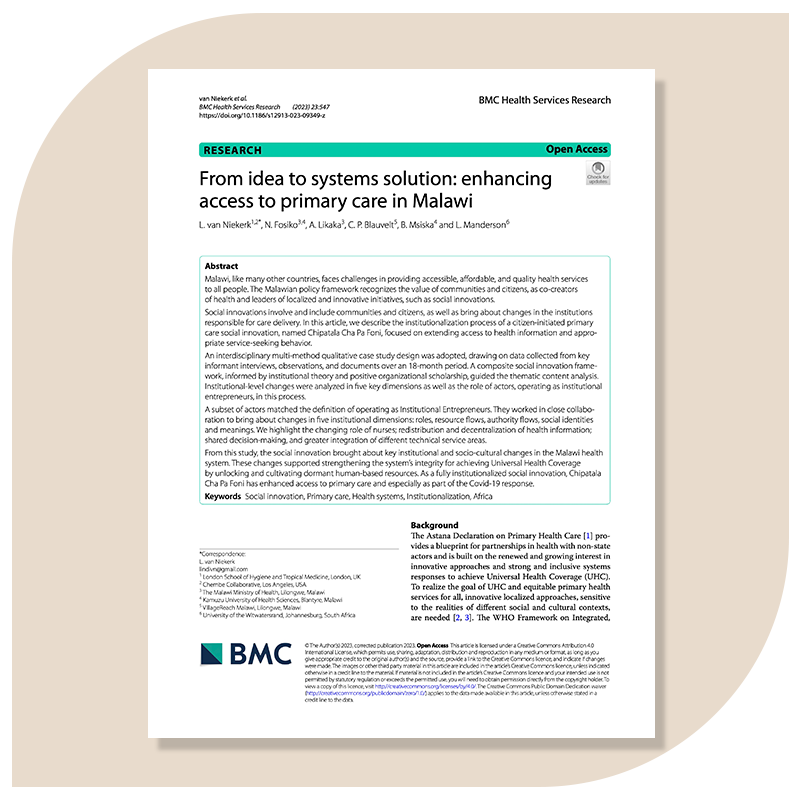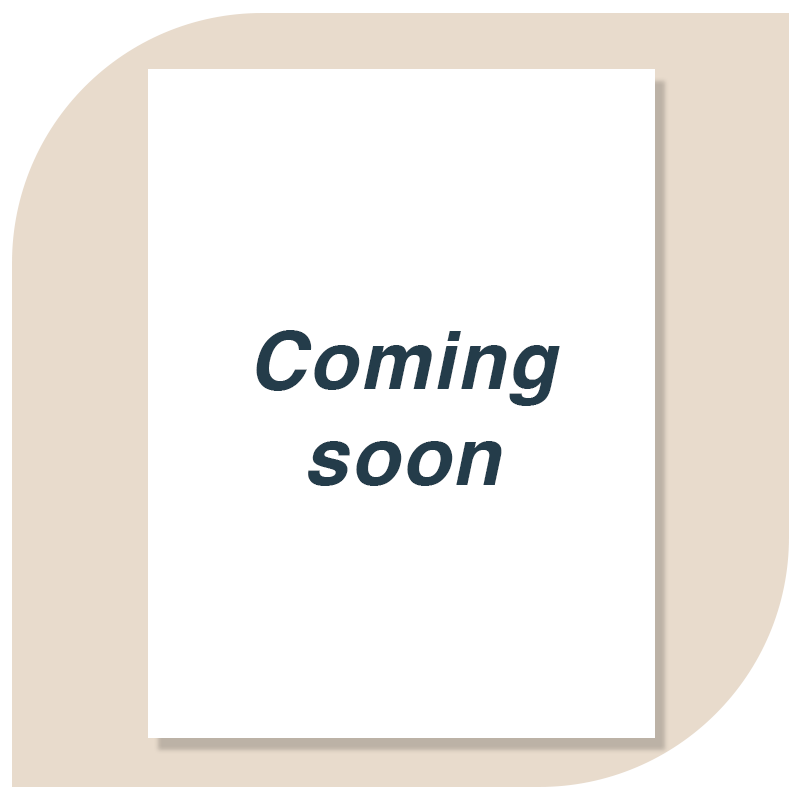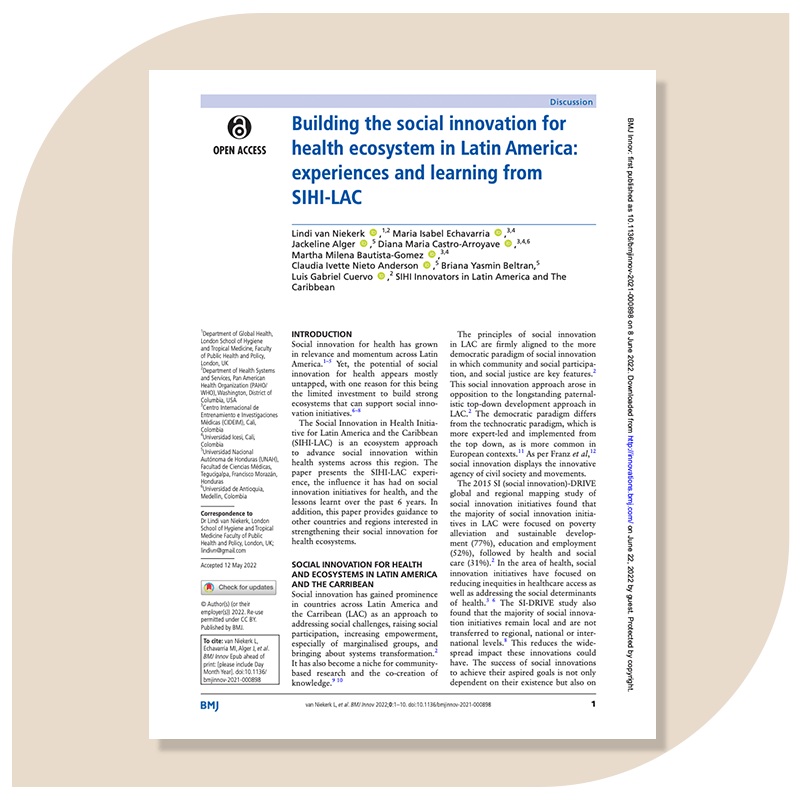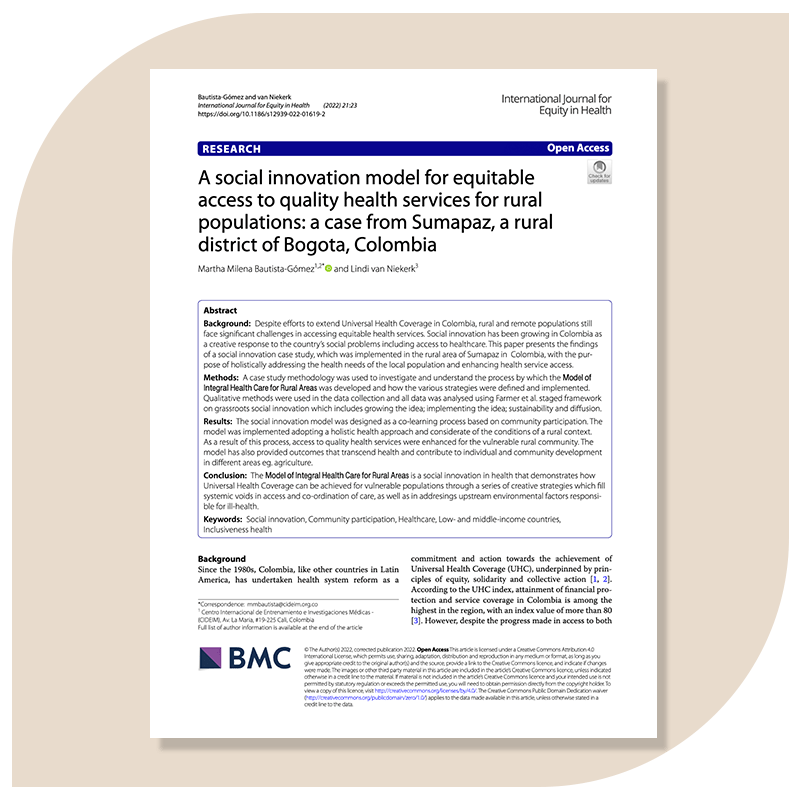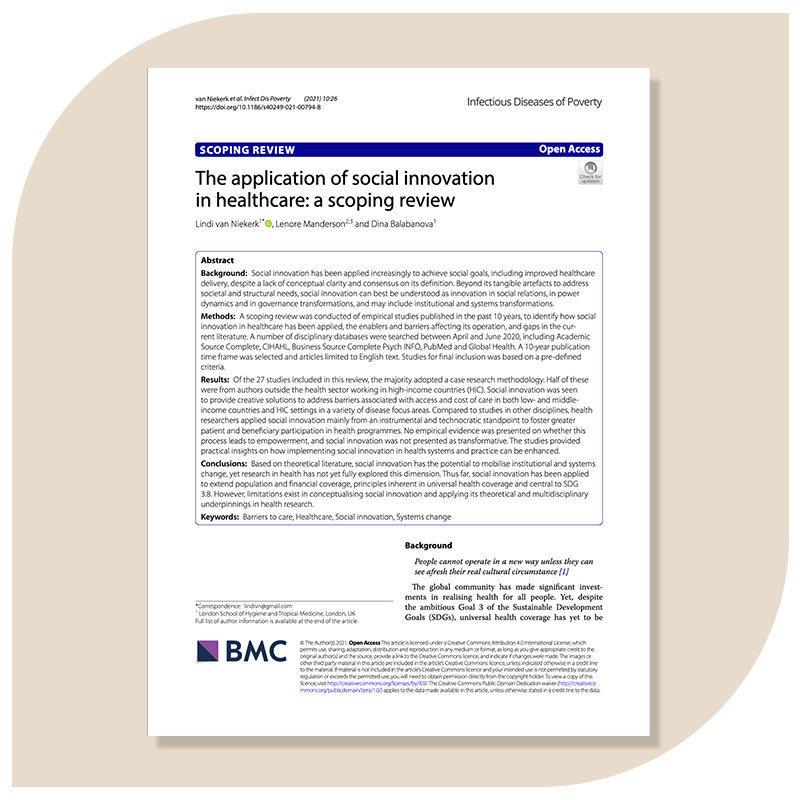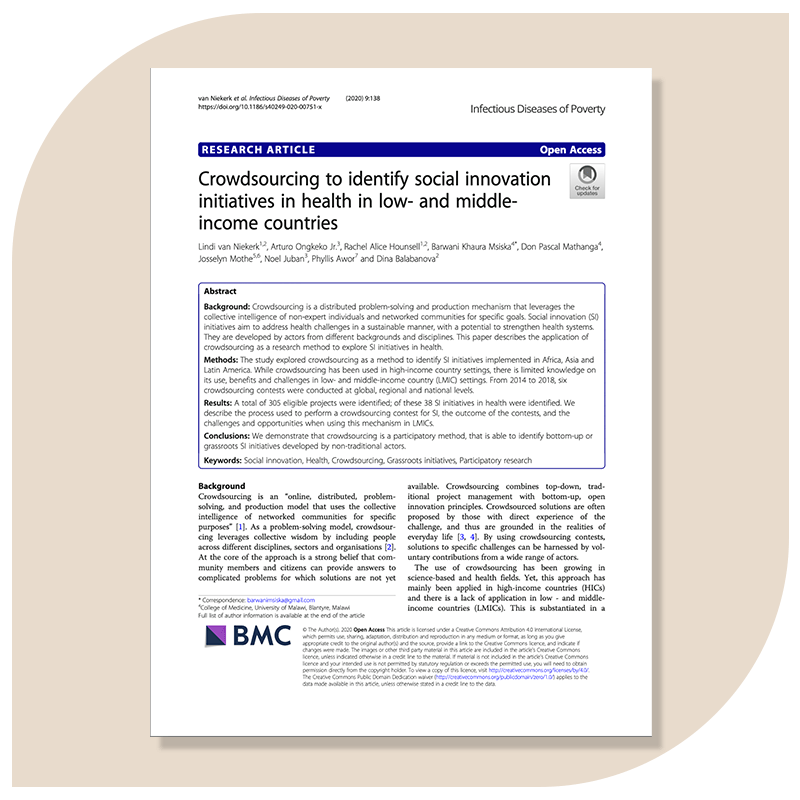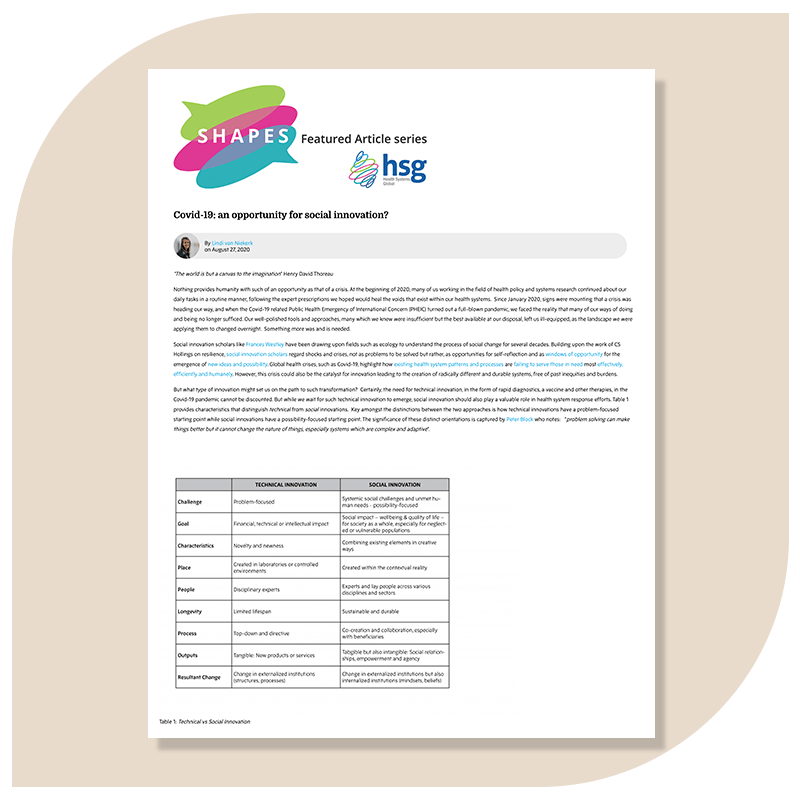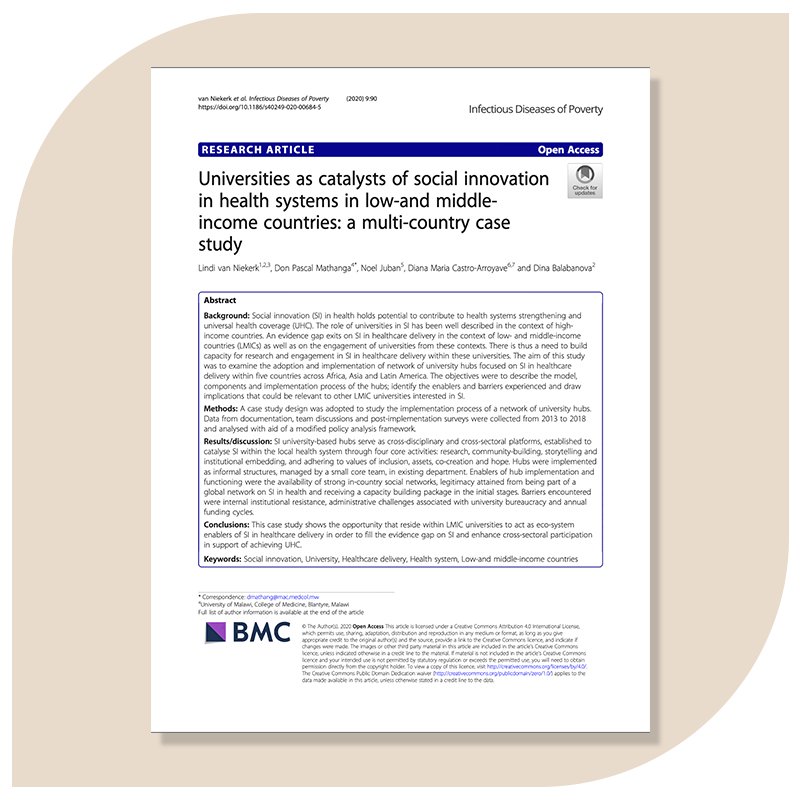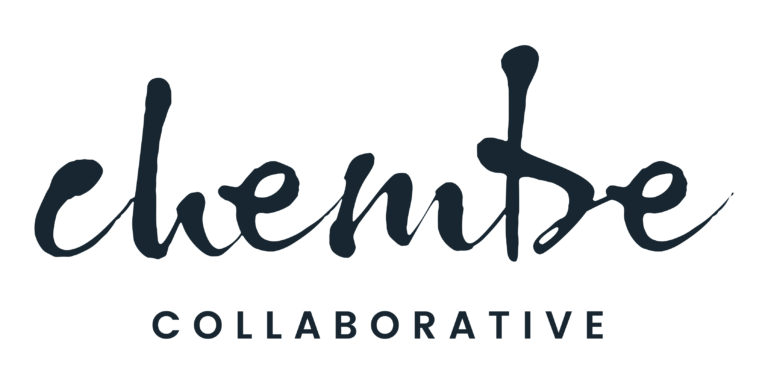The Collaborative
Anthology
The Collaborative
Anthology
A collection of our writing
Over the years, we have had the privilege to experience, study, and reflect on the health and social systems of many countries.
From the stories shared with us by communities over a humble meal, to the discussions across the tables of policymakers, we have gained deeper insight into the realities on the ground. In settings of extreme scarcity, we have learned how challenges can be overcome through creative ingenuity. And in places where we have witnessed the heart-wrenching tragedies that befall humanity, we have also celebrated the joyful hope of people who have transcended these.
These experiences have informed the academic studies we have undertaken and have motivated us to contribute answers to the questioning global health space. We have also started capturing some of our ways of working, intending to make it easier for others to follow along on the same journey.
Through all this, we have come to believe that by giving creativity and hope space and permission in our health and social systems, achieving a vision of healing, flourishing, and abundance is indeed possible.
A collection of our writing
Over the years, we have had the privilege to experience, study, and reflect on the health and social systems of many countries.
From the stories shared with us by communities over a humble meal, to the discussions across the tables of policymakers, we have gained deeper insight into the realities on the ground. In settings of extreme scarcity, we have learned how challenges can be overcome through creative ingenuity. And in places where we have witnessed the heart-wrenching tragedies that befall humanity, we have also celebrated the joyful hope of people who have transcended these.
These experiences have informed the academic studies we have undertaken and have motivated us to contribute answers to the questioning global health space. We have also started capturing some of our ways of working, intending to make it easier for others to follow along on the same journey.
Through all this, we have come to believe that by giving creativity and hope space and permission in our health and social systems, achieving a vision of healing, flourishing, and abundance is indeed possible.
Reflections from a decade in global health
The author Walter Brueggemann reminds us that ‘memory allows for possibility to emerge’. Thus, at regular intervals, our team takes a step back to remember and reflect on the people we met, the experiences we had, and how both have changed how we think about the world and ourselves. In the section below, you will find a compilation of articles we have written over time.
Reflections from a decade in global health
The author Walter Brueggemann reminds us that ‘memory allows for possibility to emerge’. Thus, at regular intervals, our team takes a step back to remember and reflect on the people we met, the experiences we had, and how both have changed how we think about the world and ourselves. In the section below, you will find a compilation of articles we have written over time.
Peer-review & feature articles
Across our projects, we have collaborated with our clients, colleagues, and friends to conduct qualitative research studies and disseminate the findings such that the global health community can be uplifted by the possibility that resides within the innovation process, the people engaged in it, and the solutions that are created. In the section below, you will find our recent peer-review and feature articles.
Building the social innovation for health ecosystem in Latin America: experiences and learning from SIHI-LAC (2022)
A social innovation model for equitable access to quality health services for rural populations: a case from Sumapaz, a rural district of Bogota, Colombia (2022)
Peer-review & feature articles
Across our projects, we have collaborated with our clients, colleagues, and friends to conduct qualitative research studies and disseminate the findings such that the global health community can be uplifted by the possibility that resides within the innovation process, the people engaged in it, and the solutions that are created. In the section below, you will find our recent peer-review and feature articles.
Building the social innovation for health ecosystem in Latin America: experiences and learning from SIHI-LAC (2022)
A social innovation model for equitable access to quality health services for rural populations: a case from Sumapaz, a rural district of Bogota, Colombia (2022)
Crowdsourcing to identify Social Innovation Initiatives in Health in Low-and Middle-income Countries (2020)
Universities as Catalysts of Social Innovation in Health Systems in Low-and Middle-income Countries: A Multi-country Case Study (2020)
Templates and how-to guides
We would like to give back and share our learning gained, to give others/you the courage to try an idea you have been mulling around, start a project, or take a project to the next stage. In the section below, you will find practical templates we have developed that will guide you through conceptualizing a podcast episode, communicating your research project as a story, or filming an interview.
Templates and how-to guides
We would like to give back and share our learning gained, to give others/you the courage to try an idea you have been mulling around, start a project, or take a project to the next stage. In the section below, you will find practical templates we have developed that will guide you through conceptualizing a podcast episode, communicating your research project as a story, or filming an interview.
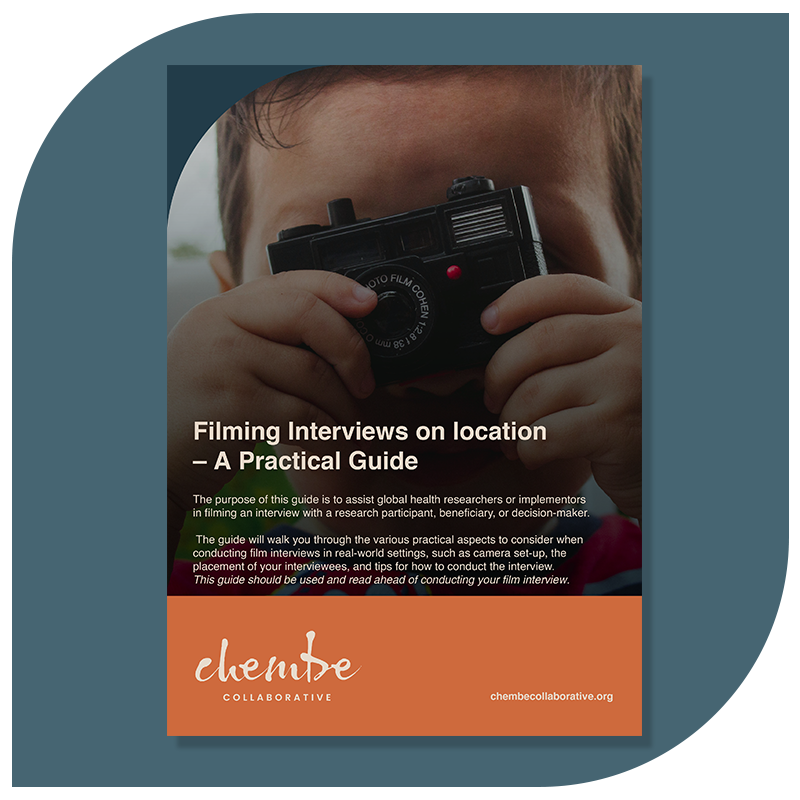
Filming Interviews on location – A Practical Guide
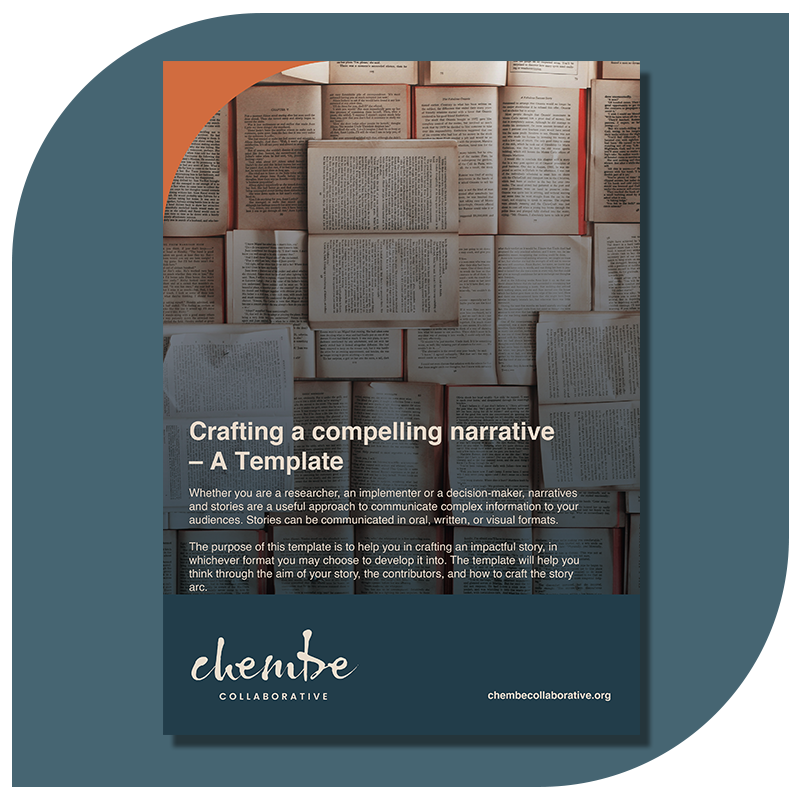
Crafting a compelling narrative – A Template
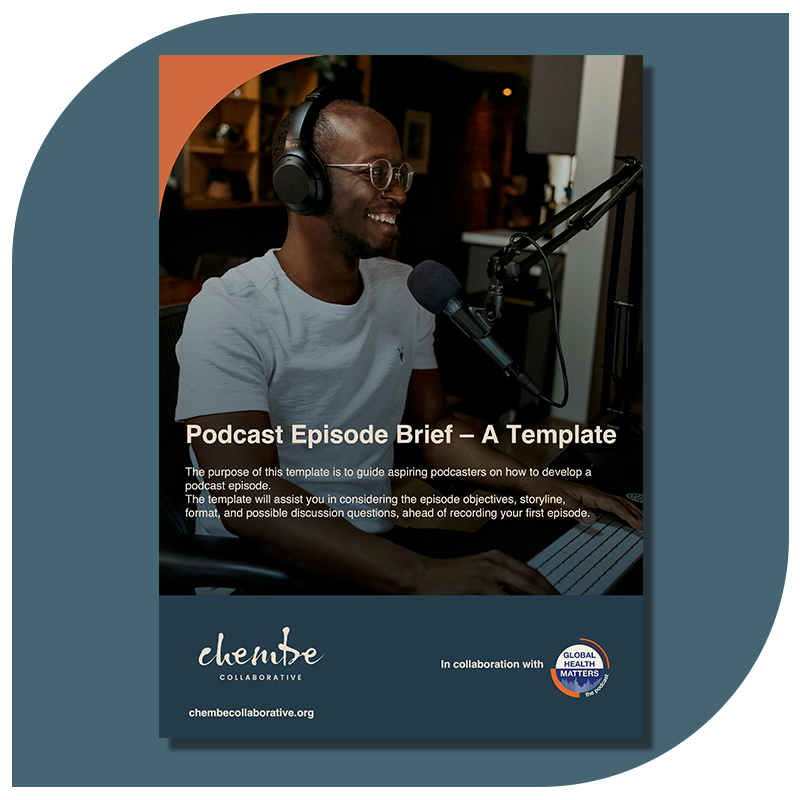
Podcast Episode Brief – A Template
